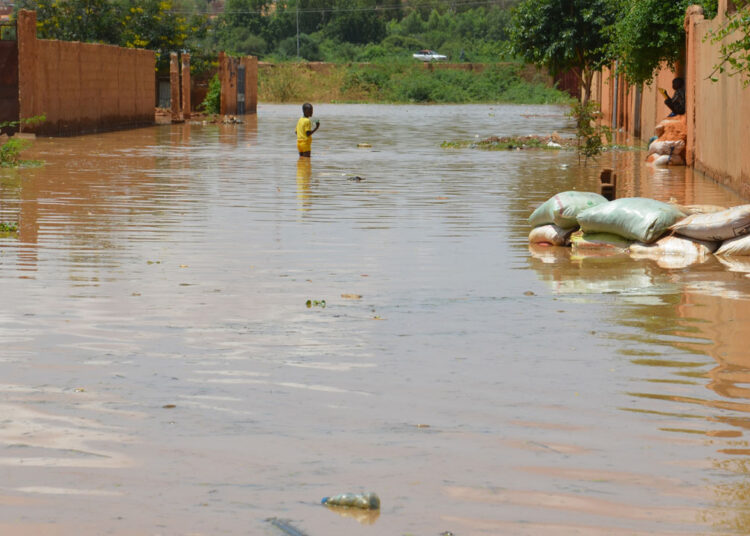Risk managers under the auspices of the Risk Managers Society of Nigeria (RIMSON) have called for an immediate reassessment of Nigeria’s early warning systems following the devastating flood in Mokwa, Niger State which claimed over 200 lives and destroyed more than 3,000 property.
The catastrophic flooding, triggered by torrential rainfall, left a trail of death and displacement, prompting RIMSON to urge the Niger State government to implement comprehensive emergency response plans, including designated evacuation routes, shelter locations and efficient resource management.
In a statement signed by RIMSON’s president and Governing Board chairman, Dr Abbas Idris, the group emphasised the need for stricter enforcement of zoning laws and land-use policies to prevent construction in flood-prone areas.
“By addressing these causes and implementing the outlined recommendations, Niger State can significantly reduce the impact of future flooding events,” Idris stated.
The statement attributed the disaster to heavy rainfall worsened by climate change, alongside factors such as poor drainage, deforestation, soil erosion and river overflow.
To mitigate future risks, RIMSON recommended a robust early warning systems, restoration of vegetation in flood-prone areas to improve soil absorption and community engagement in flood preparedness training
On a national scale, RIMSON stressed the urgent evaluation of Nigeria’s Early Warning Systems (EWS), stating, “There is an urgent need for evaluation of the existing Early Warning Systems, their effectiveness, evacuation plans, and structural remedies, especially reviewing construction designs for flood-prone areas.”
Other key recommendations include an urgent review of town planning policies and strict enforcement of violations, appointment of qualified risk management professionals to lead disaster agencies at federal, state, and local levels, upskilling and equipping disaster response teams for greater efficiency and establishing an office of Risk Management of the Federation to coordinate nationwide mitigation efforts.
RIMSON also advocated for integrating disaster awareness into school curricular and the National Youth Service Corps (NYSC) program, alongside regular national disaster response simulations.
On funding, the group urged a shift from reactive relief spending to proactive prevention, stating, “Budgetary allocations should prioritise disaster prevention over post-disaster relief.”
RIMSON further called on lawmakers and civil society to monitor the utilisation of disaster management funds.
Reaffirming its 40-year commitment to risk management advocacy, RIMSON expressed confidence that implementing these measures would proactively reduce tragic human and economic losses and build a more resilient Nigeria.
We’ve got the edge. Get real-time reports, breaking scoops, and exclusive angles delivered straight to your phone. Don’t settle for stale news. Join LEADERSHIP NEWS on WhatsApp for 24/7 updates →
Join Our WhatsApp Channel










